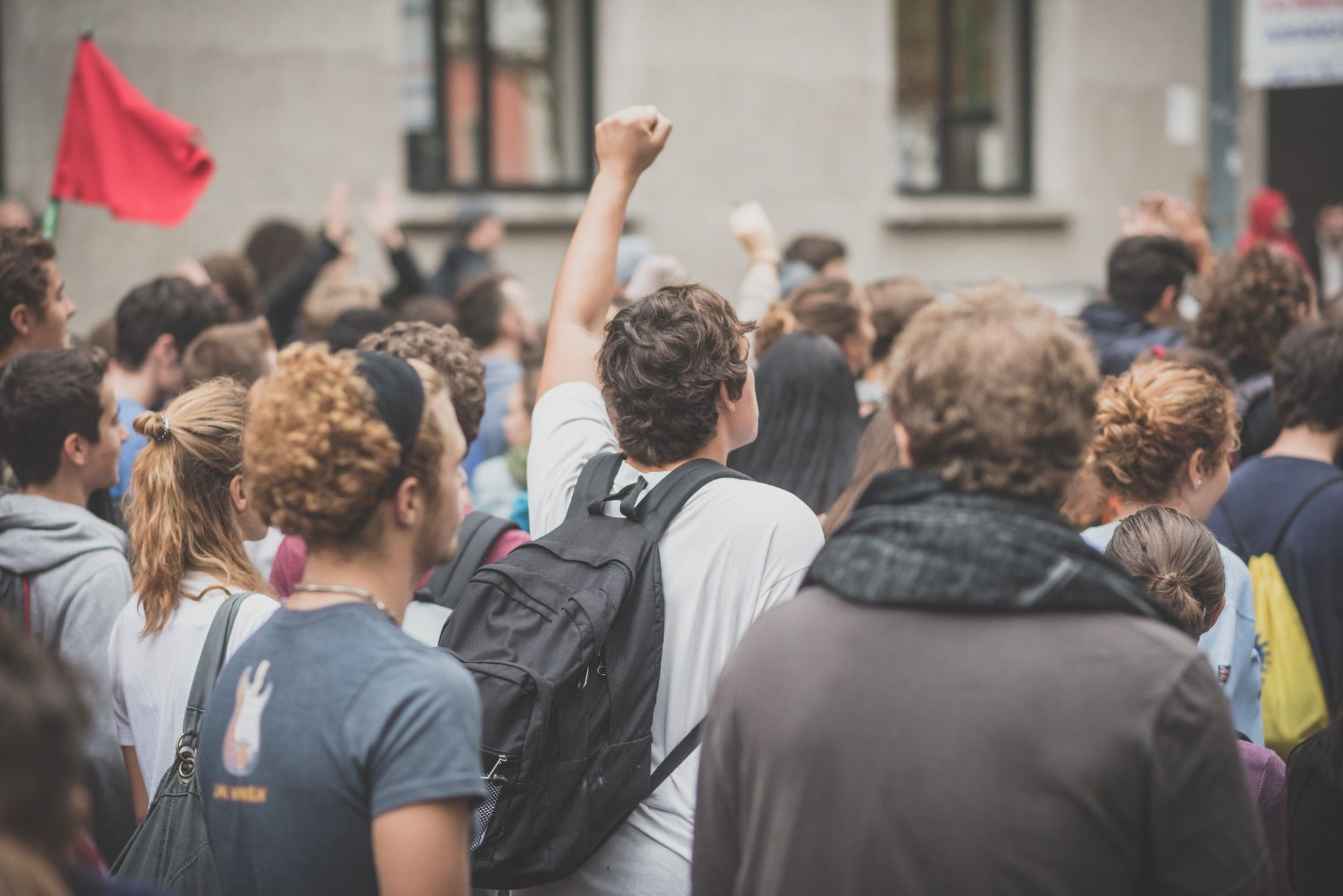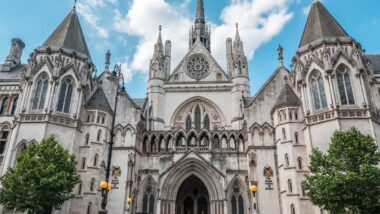Top Class Actions’s website and social media posts use affiliate links. If you make a purchase using such links, we may receive a commission, but it will not result in any additional charges to you. Please review our Affiliate Link Disclosure for more information.
Citizens of the U.K. have been exercising their rights to have demonstrations to protest equality and justice in recent months.
Anti-racism demonstrations have flooded the streets after the killing of George Floyd in the U.S., and activists have refused to stay silent.
Floyd’s death also inspired millions of people around the world to support the Black Lives Matter movement. In the U.K., 260 cities and towns participated in the demonstrations, the Guardian reported.
As waves of protesters hit the streets in a call for justice and peace, many have wondered just how far our rights go.
Protesters’ rights are a significant part of our freedom as citizens.
According to Article 11, U.K. citizens have the right to peacefully assemble and associate with others, and no restrictions can be placed on the right to peacefully demonstrate.
Protesters’ rights include demonstrating for reasons such as stopping disorder or crimes, conserving morals, defending freedoms and more. It is illegal for armed forces, police or state administrations to restrict protests.
People have the right to protest over anything they want to see changed, or even just in order to voice their opinions on important matters.
Recently, the pandemic has been a significant part of daily life, and mandates for wearing masks have sparked outrage in some U.K. citizens.
Hundreds of protesters have marched in London to protest having to wear face masks, according to CNN.
The protesters believe the masks encroach on their freedoms and having to wear one is a form of mind control. The anti-mask protesters think government mandates to wear them in stores infringe on their basic rights and freedoms to choose.
As of July 24, Prime Minister Boris Johnson has mandated face masks in shops, and anyone caught not wearing a mask is subject to a £100 fine.
Protesters’ rights are powerful and grant citizens the ability to march for their chosen cause. The right to protest are basic human rights.
Article 11, the law that allows us the freedom to come together and protest has two powerful parts: Freedom of Assembly and Freedom of Association, according to human rights organisation Liberty.
Freedom of Assembly allows protesters to express themselves in marches, demonstrations, meetings and press conferences.
Authorities trying to prevent or break up a peaceful demonstration would go against protesters’ rights, as it is unlawful for the police or state authorities to interfere or stop a protest.
Even if protesters cause inconveniences or annoyances, or if the State disagrees with the protesters’ dispute, authorities are still not permitted to stop the protest. Protesters’ rights even say authorities must protect the march.
The march must be fully enabled and protected from opposers’ harm.
Freedom of Association means everyone is allowed to create trade unions or groups that come together for a common goal or interest.
Groups and associations are not permitted to let in anyone they do not feel is a compatible member; however, they must abide by discrimination laws.
Individuals also have the right to deny an invitation to join an association, unless it is a professional regulatory group set up by the government.
Article 11 grants enormous protesters’ rights and freedoms. Nonetheless, there are limitations, Liberty reports.
Freedom of Assembly does not include willfully deliberate violence during protests. Limitations must be covered by the law and be deemed necessary.
According to the limitations, all protests must be pursuing some form of the following: the concerns of public welfare or national safety, the determent of disruption or crime, conservation of morals or the preservation of freedoms and rights.
Restrictions can be placed on Article 11, but armed forces must have reasonable and irrefutable reasons for impeding a protest.
Authorities also require protesters to notify them before a protest. The notification does not breach Article 11.
Protest organisers should tell the police if and only if a march is involved during a protest or demonstration.
Organisers are obliged to give the police a written notice six days before a march. The notice must include the date and time of the march, the route marchers will follow and the names and addresses of the protest organisers.
Protesters are also allowed to begin a march on short notice, but should still notify the police as soon as possible. If the police are given six days’ notice, they can still change the route of the protest or give organisers conditions on the march.
If short notice is given, the police are allowed to change the protest location or limit its time or number of protesters. The police are also granted the power to stop a protest if people are blocking roads or walkways.
Have you exercised your rights to protest lately? Tell us your story in the comments.
ATTORNEY ADVERTISING
Top Class Actions is a Proud Member of the American Bar Association
LEGAL INFORMATION IS NOT LEGAL ADVICE
Top Class Actions Legal Statement
©2008 – 2024 Top Class Actions® LLC
Various Trademarks held by their respective owners
This website is not intended for viewing or usage by European Union citizens.
















